Honoring Indigenous Peoples’ Day: Reflection, Recognition, and Responsibility in Mental Health Practice
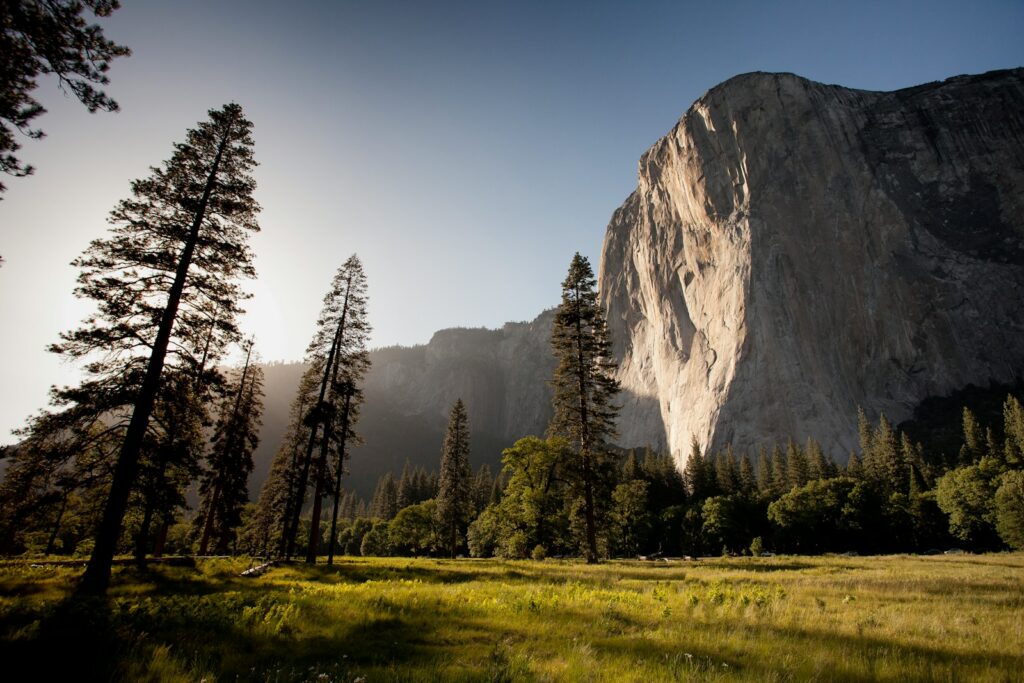
Indigenous Peoples’ Day is more than a calendar observance. It’s an opportunity to pause, reflect, and recommit to honoring the resilience, knowledge, and rights of Indigenous communities—past and present. For those of us working in mental health, wellness, or helping professions, this day also invites a deeper look at how our work intersects with histories of trauma, displacement, and cultural survival.
Why This Day Matters
Indigenous Peoples’ Day exists as a corrective to narratives that have historically erased or misrepresented Native and Indigenous experiences. The mental health field, too, has often reflected those same omissions—by pathologizing cultural practices, ignoring community-based healing traditions, or failing to recognize the generational impact of colonization, forced relocation, and boarding schools.
Recognizing Indigenous Peoples’ Day means acknowledging that the systems we work within—healthcare, education, social services—have not always been safe or accessible for Indigenous people. It’s a call to ensure that our care, research, and advocacy align with cultural respect and sovereignty.
What This Means for Therapists and Helping Professionals
As therapists, supervisors, and educators, our commitment to social justice includes addressing inequities rooted in colonization. That starts with awareness but must move toward action:
- Learn about local Indigenous nations and histories. Know whose land you’re on and how those communities have contributed to local culture and resilience.
- Acknowledge cultural knowledge as a source of healing. Traditional practices such as talking circles, storytelling, ceremony, and connection to the land are legitimate healing modalities.
- Reflect on your own practice. Consider where Western models of therapy may unintentionally impose colonial worldviews.
- Seek consultation or training from Indigenous educators and clinicians. Cultural humility means being a learner, not an expert, in someone else’s traditions.
- Support Indigenous colleagues and organizations. Advocate for representation, leadership, and partnership in decision-making spaces.
Moving Toward Reconciliation
Honoring this day isn’t about guilt—it’s about accountability. Reconciliation in mental health involves recognizing historical harm and making ongoing, tangible efforts to repair relationships. This can look like integrating Indigenous worldviews into training programs, supporting language revitalization, or funding community-led healing projects.
Resources and Learning Opportunities
If you’d like to deepen your awareness or support Indigenous communities in your area, here are some resources:
- National Museum of the American Indian – Indigenous Peoples’ Day Teacher Resources: https://americanindian.si.edu
- Native Wellness Institute: https://www.nativewellness.com
- Indian Health Service Behavioral Health: https://www.ihs.gov/bh/
- The National Native American Boarding School Healing Coalition: https://boardingschoolhealing.org
- The Indigenous 20-Something Project: https://www.indigenous20something.com
Closing Reflection
Indigenous Peoples’ Day is not simply a time for acknowledgment but for relationship-building. As helpers, we can honor Indigenous sovereignty not just by what we say today, but by how we listen, partner, and practice all year long.


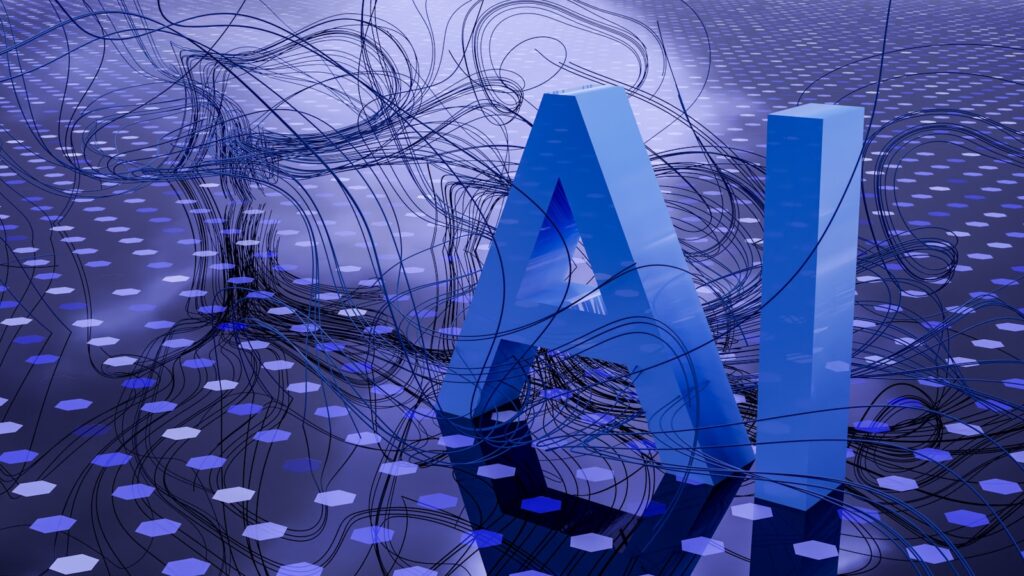
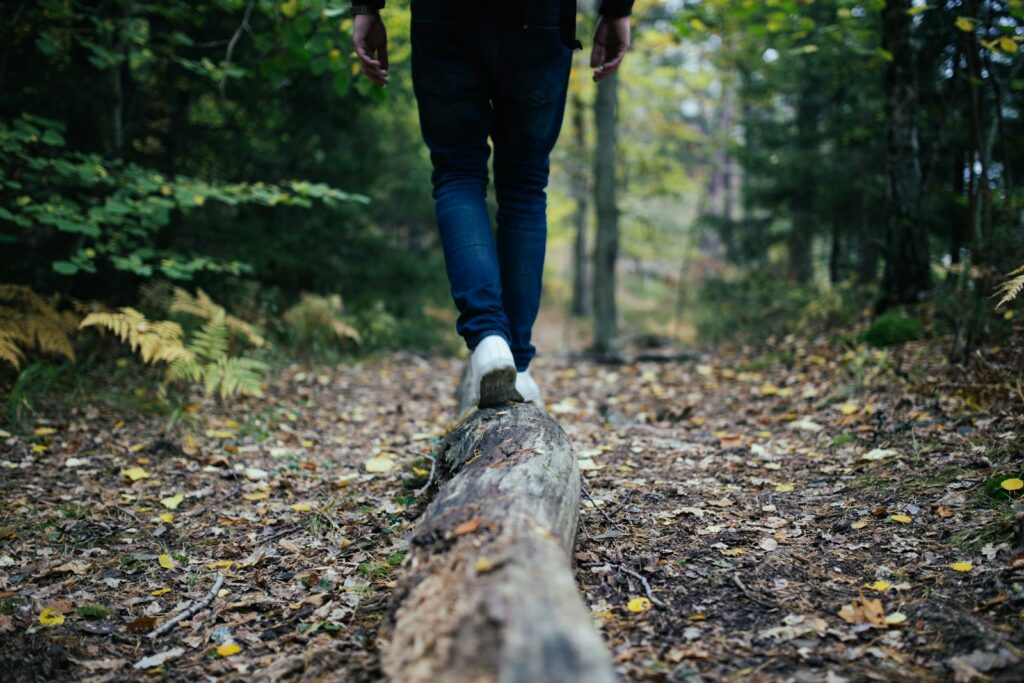
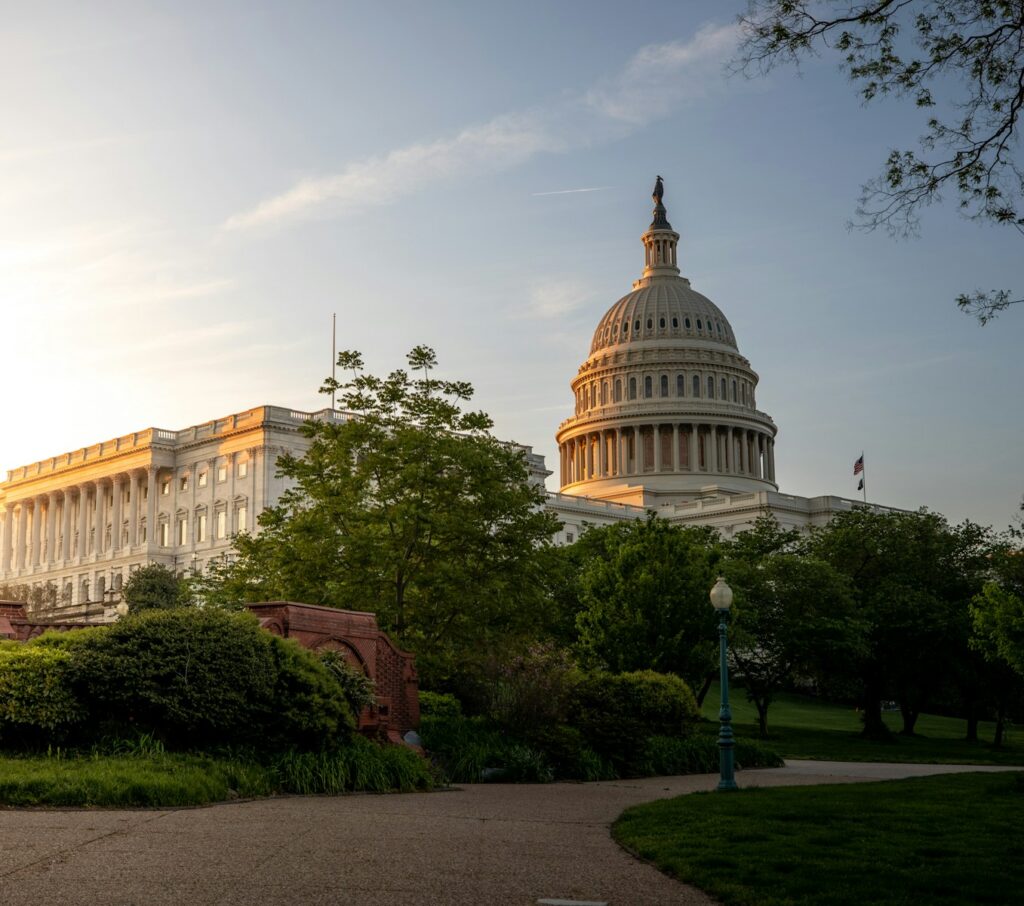
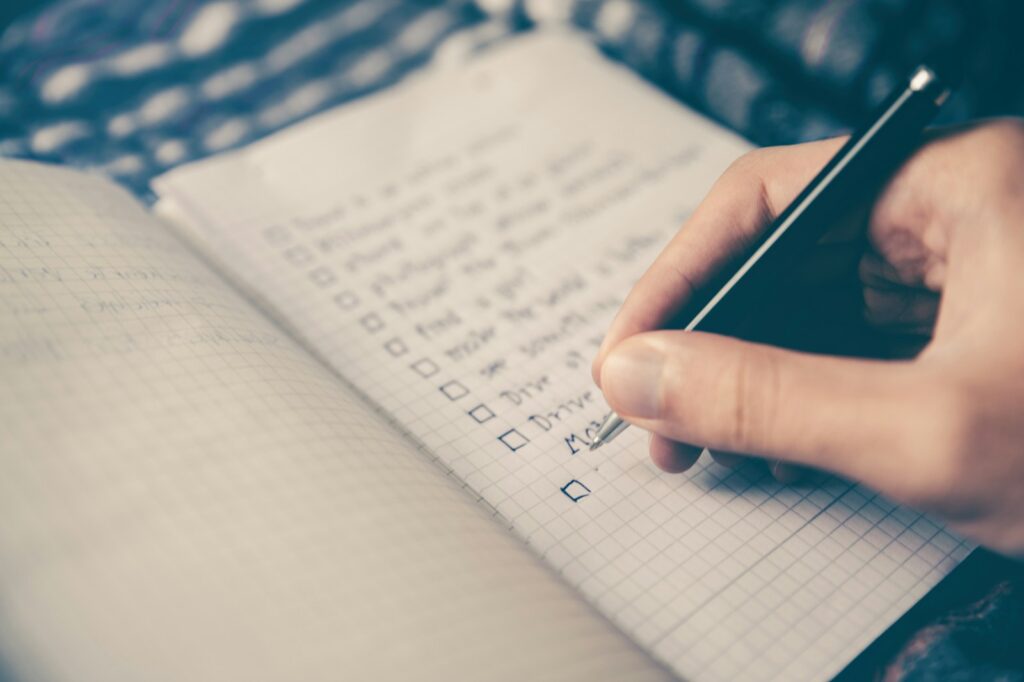
Responses